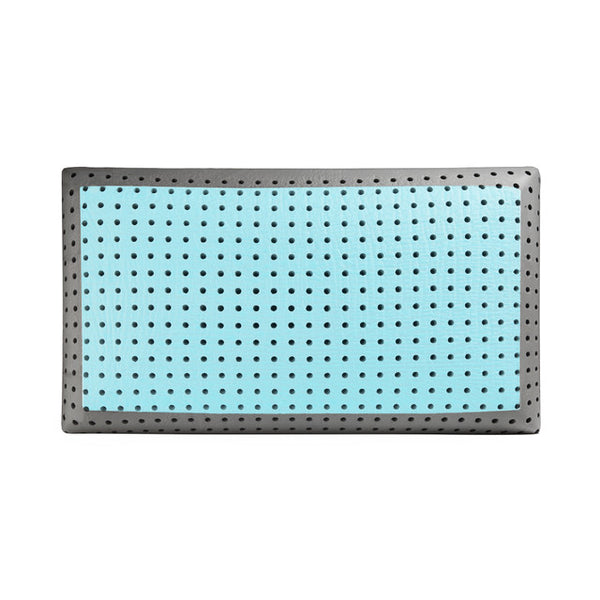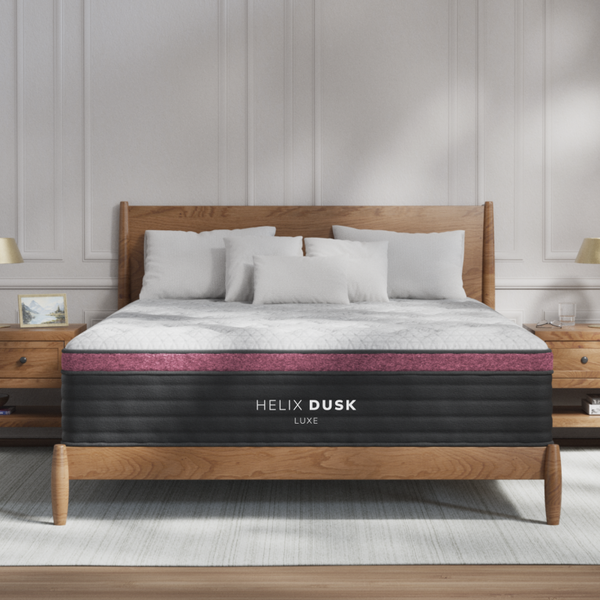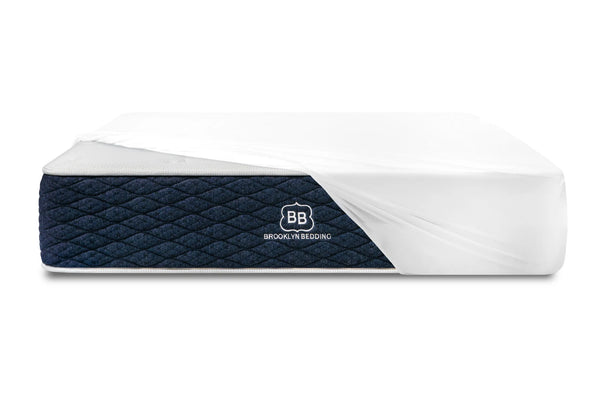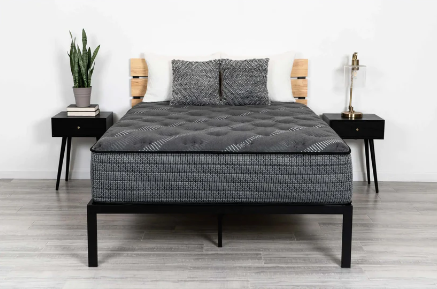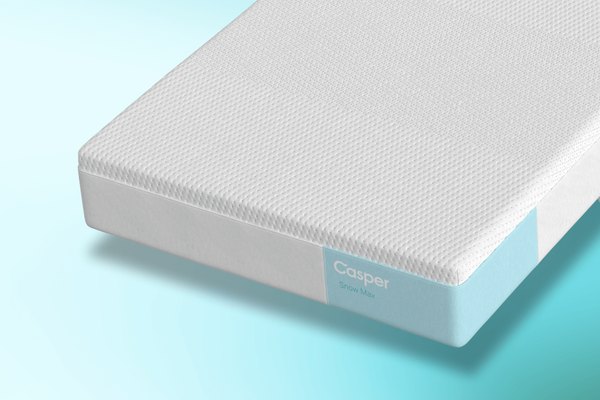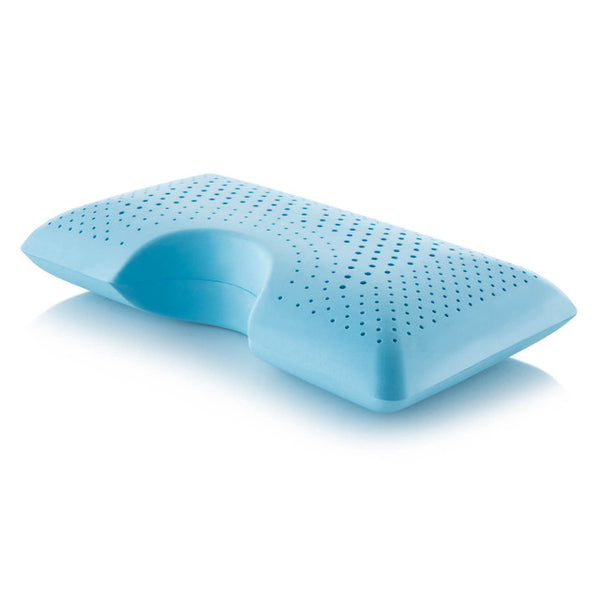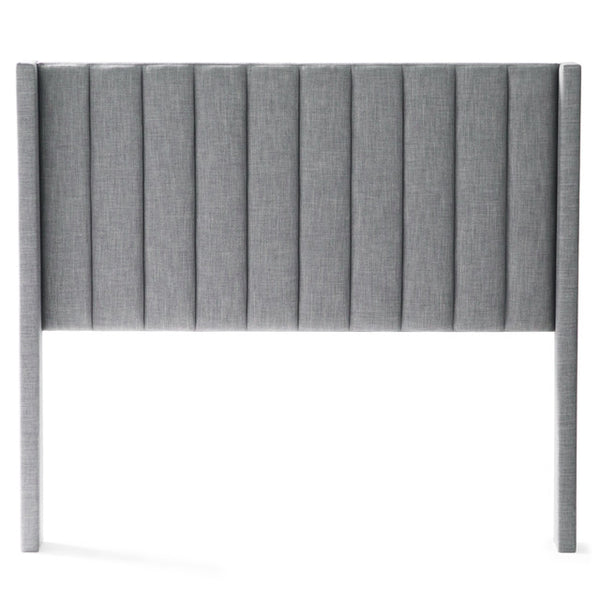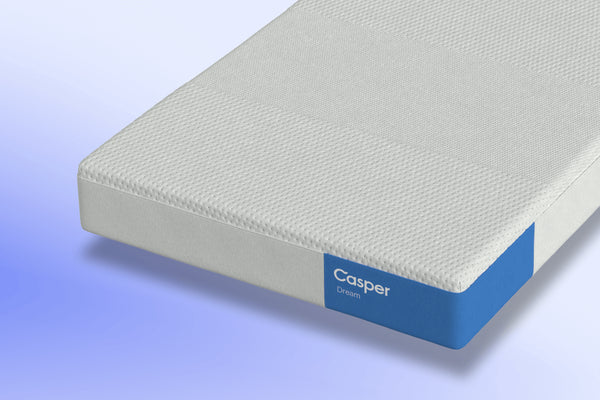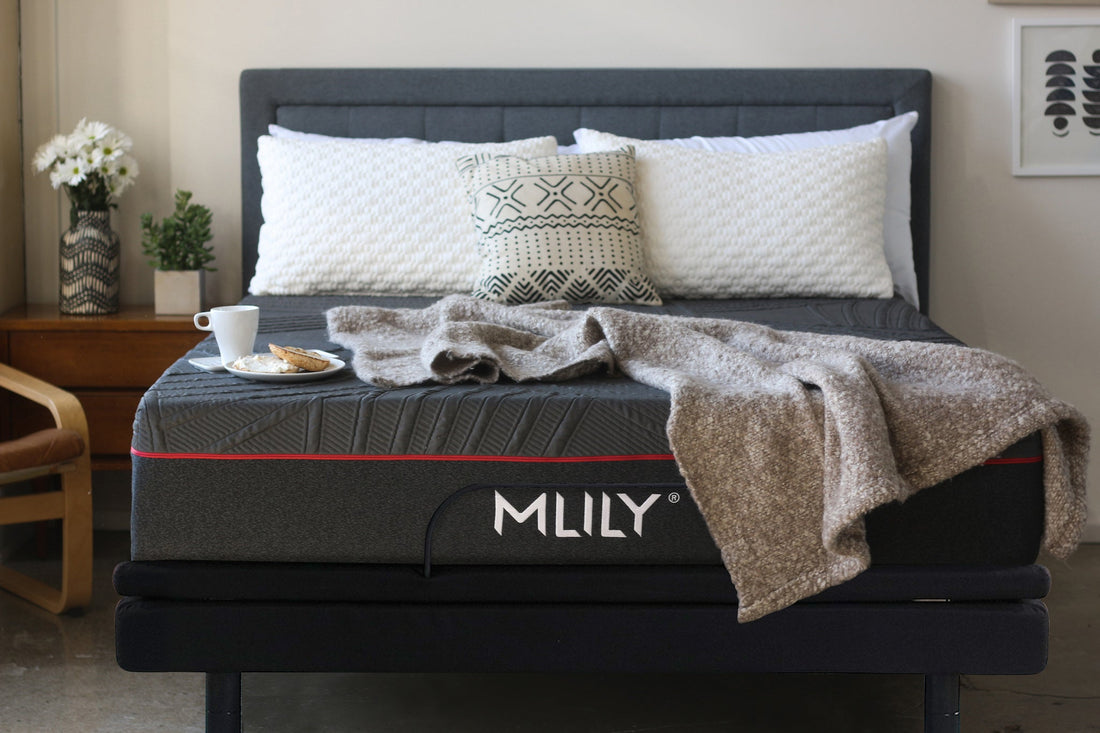
Back Pain After Sleeping on a New Mattress
If your back pain increases after sleeping on a new mattress, there may be several causes. Perhaps the mattress feels too soft for your liking or perhaps your sleeping position has altered significantly.
Signs that your mattress doesn't meet your body type include:
Poor Sleep Position
Sleeping in positions that put too much strain on your spine can leave you with sore backs when you wake up, such as stomach sleeping (known as the prone position). Side sleeping (using pillows to maintain neutral spine alignment and avoid twisting your neck) may be safer options; but use caution with these.
Alternatively, try placing a pillow between your legs to elevate your pelvis and alleviate pressure from the lower back. Or place one under your head to keep it elongated and reduce neck tension. Yoga classes can also help strengthen muscles that support your spine for improved posture.
An overly soft mattress may cause your back and hips to sink into it, leaving you vulnerable for spinal misalignment. If you are waking up with back pain, try switching out for a medium-to-firm mattress or adding a memory foam topper to reduce pressure points in bed.
Sleep should leave you feeling relaxed and recharged. If your back pain has returned, it could be time for an upgrade in mattress or pillow options - contact a McAllen chiropractor now to learn more!
Not Enough Support
You may experience back pain upon awakening if your mattress doesn't provide proper support, whether localized to one area of your back or radiating down your legs and limbs. If this aches only occurs while sleeping on your bed, that's an indicator of its origin as the source.
If your mattress is too soft, it will sag and compress over time, forcing your spine out of alignment. Conversely, too firm of a mattress may lead to painful pressure points forming over time. For optimal results, opt for medium firm mattresses which offer adequate cushioning and support while simultaneously relaxing muscles and joints during sleep.
Your sleep position and body weight also dictate the firmness and contouring capabilities of your mattress. A person who weighs under 230 pounds might prefer a softer mattress that won't compress as much, while someone over this threshold should look for firmer mattresses that provide sufficient contouring, support and contouring features in order to prevent misalignments in their spines.
If your back pain persists, consider purchasing a foam topper that provides additional lumbar support for your mattress. Also make sure to rotate it every couple of months in order to reduce sagging and help ensure proper spinal alignment.
Not Enough Breathability
Back pain occurs when pressure is put on specific parts of the body. For instance, your lower back may become affected when sleeping on an overly firm mattress that doesn't allow your spine to stay properly aligned while sleeping - this causes muscles to contract rather than relax while sleeping; hence why a mattress that offers ample support and cushioning should be prioritized.
Sleeping on a new mattress may cause back ache as your muscles adjust to its different feel, taking time for your spine to adapt. Instead, place a pillow under your stomach in order to elevate pelvis and reduce lower back strain while engaging in regular stretching routine.
One possible reason you may experience back pain after sleeping on a new mattress could be its improper firmness for your body type. For instance, side sleepers with wide hips should consider softer mattresses that provide zoned support around their hips; conversely back sleepers with narrow hips would likely do best with firm mattresses which provide proper spinal alignment. Memory foam mattresses offer excellent support while still offering cushioned cushioning to help your spine remain in its natural position.
Not Enough Flexibility
If back pain accompanies your awakening, this could be a telltale sign that the mattress you slept on did not provide adequate support to your spine. When an old mattress loses its ability to contour to your body and provide pressure relief, spine alignment can shift out of alignment, leading to immediate back discomfort as soon as you emerge from bed.
Memory foam mattresses require time for their material to mold to your unique body shape, known as the "break-in period." A mattress that is too firm can also cause problems by restricting spine curvature and straining muscles and joints throughout your spine and limbs.
If you want to reduce back pain caused by your mattress, consider getting a feather or memory foam topper. These topper types can help relieve pressure points while offering support to the spine, particularly in the lower back region. Also try eating a healthy diet with plenty of leafy vegetables, fruit, fish and healthy fats such as nuts. And try not slouching when sitting or standing for extended periods.


